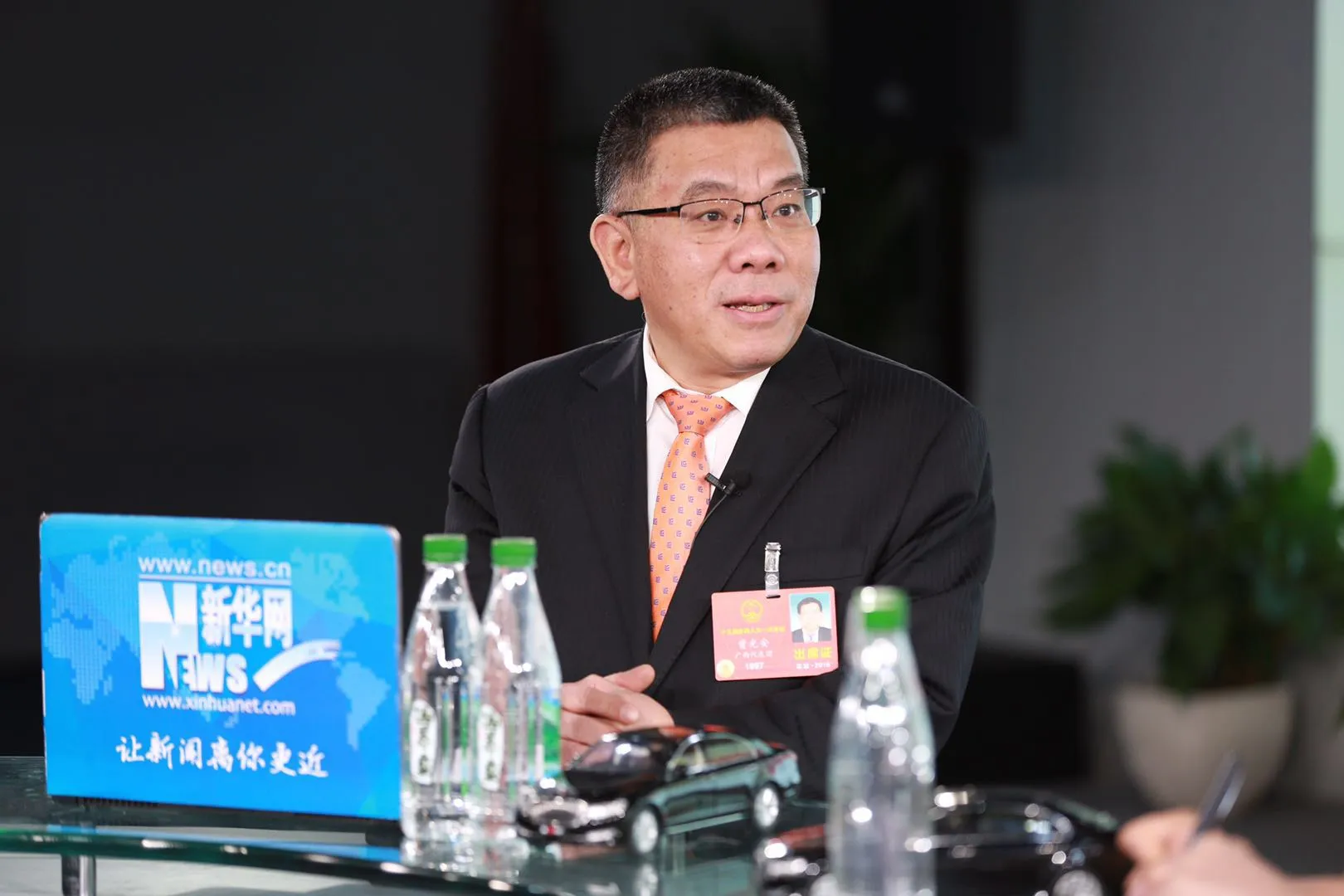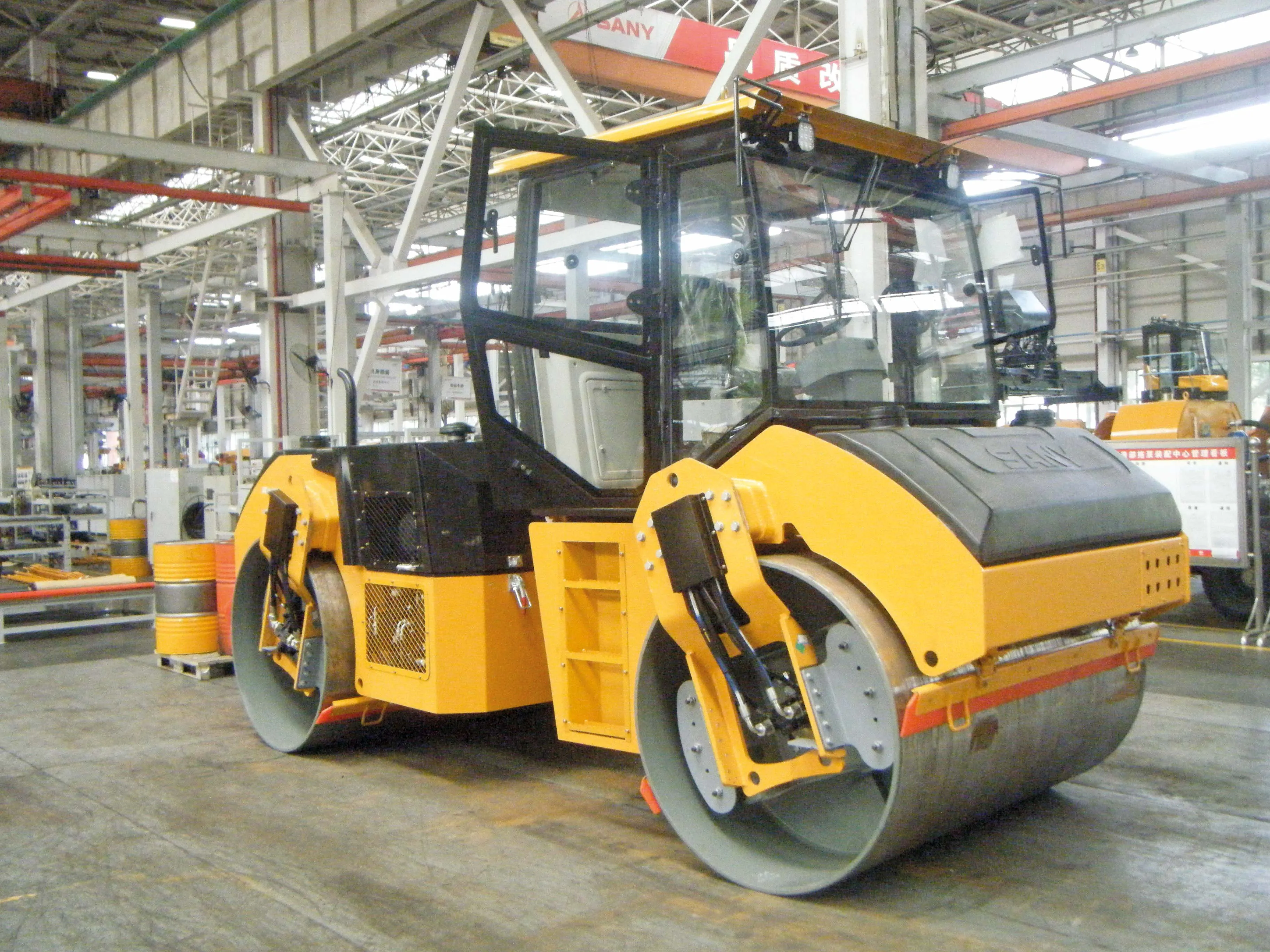Projections suggest that electric vehicle sales in Central and Eastern Europe will hit 60,000 by 2017. The estimate comes from a report by Frost & Sullivan and suggests that Central and Eastern Europe will see growing sales of these vehicles, bringing strong market potential for manufacturers. The Central and Eastern European nations have a population of over 100 million people and a solid macroeconomic environment. The report says EV sales could top 62,000 units by 2017, increasing from approximately 245 u
June 15, 2012
Read time: 2 mins
Projections suggest that electric vehicle sales in Central and Eastern Europe will hit 60,000 by 2017. The estimate comes from a report by Frost & Sullivan and suggests that Central and Eastern Europe will see growing sales of these vehicles, bringing strong market potential for manufacturers. The Central and Eastern European nations have a population of over 100 million people and a solid macroeconomic environment. The report says EV sales could top 62,000 units by 2017, increasing from approximately 245 unit shipments in 2011. This projected increase is due to growing demand for convenient, eco-efficient and sustainable mobility solutions. “Rising personal incomes, the process of urban sprawl and changing mobility preferences in CEE are fuelling the demand for new sustainable solutions in personal mobility,” said Frost & Sullivan senior consultant Vitaly Belskiy. “This will catalyse the development of the EV market until 2017.”
However, there is still a 35-40% price reduction potential which can be achieved in 2-3 years when it comes to battery technology, which means cost factors will diminish in impact on the industry’s development. But Frost & Sullivan estimates the EV market to grow at 151% over 2011-2017. The highest growth is expected after 2014-2015 assuming full-scale government incentives – including CO2-based taxation of new vehicles and the ability to use bus lanes which is expected to appeal specifically to corporate fleets – are in place in most countries across CEE. But lack of government support (especially soft incentives, such as the ability to use bus lanes and free parking) in the short-term is expected to restrain industry growth potential. Financial subsidies are not expected to have a strong direct impact on the industry, yet appear to be necessary in order to catalyse its development at the initial stage. “When it comes to long-term development of charging infrastructure for EVs, CEE will have to face similar challenges to Western European countries – safety of charging process, network management and financial transactions services, among others,” said Belskiy. “However, setting up a charging infrastructure in CEE in residential areas, where most charging is likely to be done, will require specific solutions.”
However, there is still a 35-40% price reduction potential which can be achieved in 2-3 years when it comes to battery technology, which means cost factors will diminish in impact on the industry’s development. But Frost & Sullivan estimates the EV market to grow at 151% over 2011-2017. The highest growth is expected after 2014-2015 assuming full-scale government incentives – including CO2-based taxation of new vehicles and the ability to use bus lanes which is expected to appeal specifically to corporate fleets – are in place in most countries across CEE. But lack of government support (especially soft incentives, such as the ability to use bus lanes and free parking) in the short-term is expected to restrain industry growth potential. Financial subsidies are not expected to have a strong direct impact on the industry, yet appear to be necessary in order to catalyse its development at the initial stage. “When it comes to long-term development of charging infrastructure for EVs, CEE will have to face similar challenges to Western European countries – safety of charging process, network management and financial transactions services, among others,” said Belskiy. “However, setting up a charging infrastructure in CEE in residential areas, where most charging is likely to be done, will require specific solutions.”








